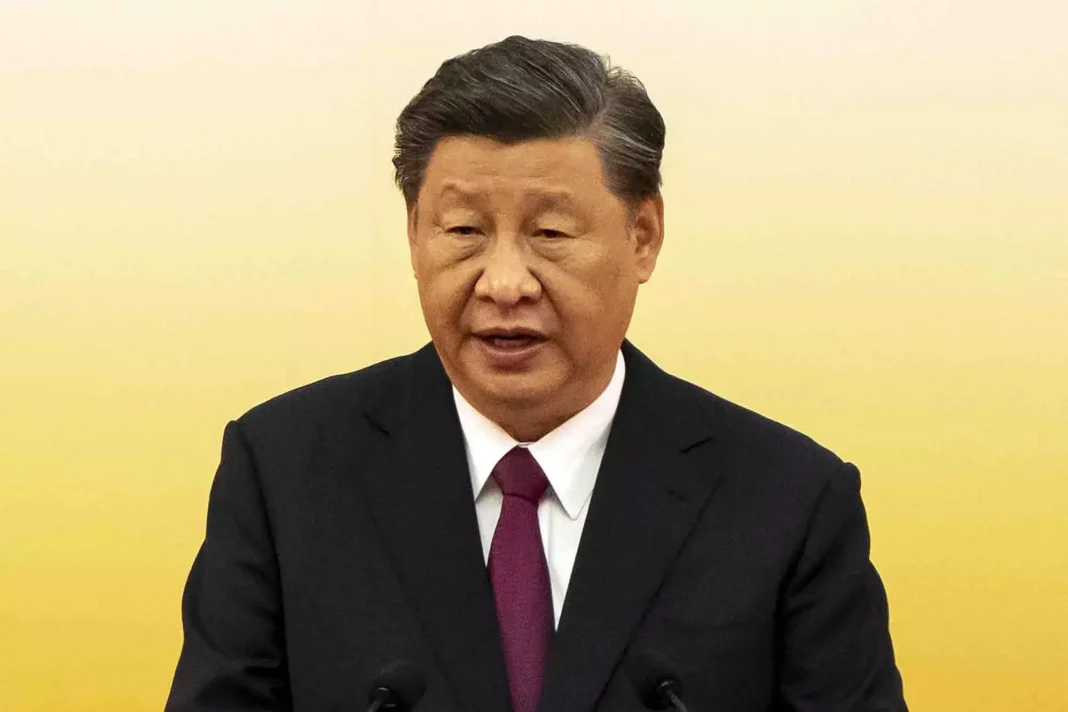China has vehemently rejected a report that has been released by the United Nations Human Rights Council (UNHRC) over serious human rights violations against Uyghur Muslims in the northwestern Xinjiang region. The report included allegations of people being strapped by the hands and feet to a tiger chair and beaten, women being raped, and others held in extended solitary confinement. The report was highly critical of the Chinese Government’s anti-extremism doctrine. It said that the laws and regulations were vague and indefinite.
Speaking exclusively to Republic Media Network on the plight of Uyghur Muslims, which is for the first time on Indian television, the Executive Chairperson of the Uyghur Freedom Forum, Nurgul Sawut, opined on the deafening silence of the world on the issue. She stated, “There are two aspects to the whole scenario, one is, for the world to look at one of the most powerful countries for human rights violation, only one or two countries cannot raise their voice, it has to be a collective voice. The world is currently unable to find a collective voice. Secondly, the investigation under the proof of such a heinous crime against humanity is going on for five years. Despite five years, so much more work needs to be done. There should be reliability and transparency, that’s what we are trying to achieve.”
‘People watching family members die’
When asked about specific incidents of serious human rights violations by the Chinese administration that the organisation has documented, Sawut stated, “Our organisation has been closely working with community members and different organisations across the globe, trying to record and document. What we come across as of now is a large number of community members watching their family members and elderly parents dying under China’s Zero-COVID policy. As we speak today, they have been staying in 88 days of lockdown. How can any country come up with such a provision for controlling COVID by locking up people with not enough food and resources?”
Elaborating on allegations of east Turkistan being turned into a jail, she said, “What China is doing is, one, the digital governance system, and using our technology to control people’s movement. Every movement and conversation is highly monitored. This is creating terror among people. No one trusts each other, and honestly expresses what they need. So when I refer to prison, that’s what I am referring to.”
India Abstains From Voting On UNHRC Resolution On Human Rights In Xinjiang
Meanwhile, on October 6, India abstained from voting on a resolution adopted by the UNHRC which called for a debate on the human rights situation in China’s Xinjiang province. Out of 47 member countries in the council, 17 countries voted in favour of the resolution, 19 voted in opposition and 11 abstained from voting. Apart from India, countries namely Argentina, Armenia, West African nations Benin, Brazil, Gambia, Libya, Malawi, Malaysia, Mexico and Ukraine did not vote. The list of countries opposing the resolution included Pakistan along with other Islamic nations such as the United Arab Emirates (UAE), Sudan and Senegal. Nepal and Indonesia in Asia also voted against the resolution.

